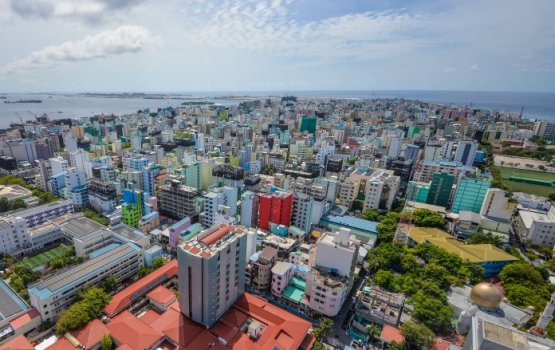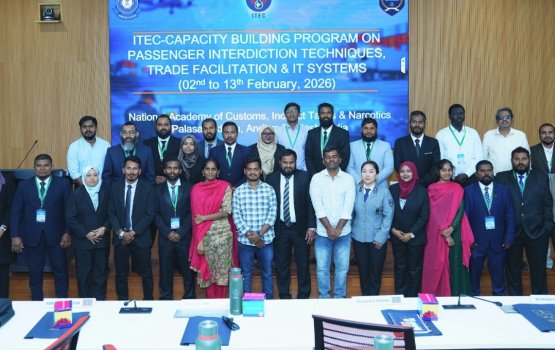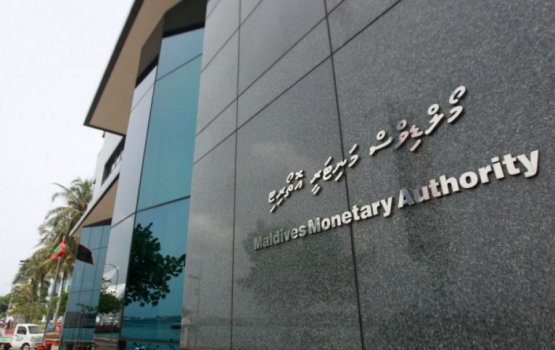Assam Chief Minister Himanta Biswa Sarma on Monday revealed that the state government has deported around 330 individuals declared as foreigners to Bangladesh over the past two weeks, and plans to intensify such actions under a rarely used 1950 law.
Speaking during a special one-day session of the Assam Assembly, Sarma announced that the state will now invoke the Foreigners Expulsion from Assam Act, 1950 to remove individuals identified as foreigners by district authorities — bypassing the existing system of Foreigners Tribunals (FTs). He claimed the move is backed by a recent Supreme Court judgment.
"Every Deputy Commissioner is now empowered to evict any person they prima facie believe to be a foreigner, without needing to refer the case to a tribunal," Sarma said, citing an October 2024 Supreme Court ruling that upheld the constitutional validity of Section 6A of the Citizenship Act, which recognizes March 24, 1971, as the cut-off date for determining citizenship in Assam.
"The Supreme Court, in that judgment, affirmed that the 1950 expulsion Act remains valid and operative. This means the state has sweeping powers to deport those deemed foreigners," he added, emphasizing that the Act excludes individuals who migrated due to religious persecution.
The announcement comes amid criticism from the Opposition, with Congress leader and Leader of the Opposition Debabrata Saikia and AIUDF MLA Ashraful Hussain raising concerns about alleged wrongful deportations. They warned that Indian citizens are being targeted under the ongoing drive.
Defending the government’s actions, Sarma said the state must act decisively in light of perceived threats from "Pakistani and Bangladeshi fundamentalist elements." He asserted that future deportations will proceed regardless of whether individuals are listed in the National Register of Citizens (NRC).
“These pushbacks will be intensified. Deportation will now be a reality,” he declared.
The development signals a significant shift in Assam’s foreigner detection policy and is expected to spark legal and political debate over the use of administrative powers in identifying undocumented immigrants. (Reported: IE)







